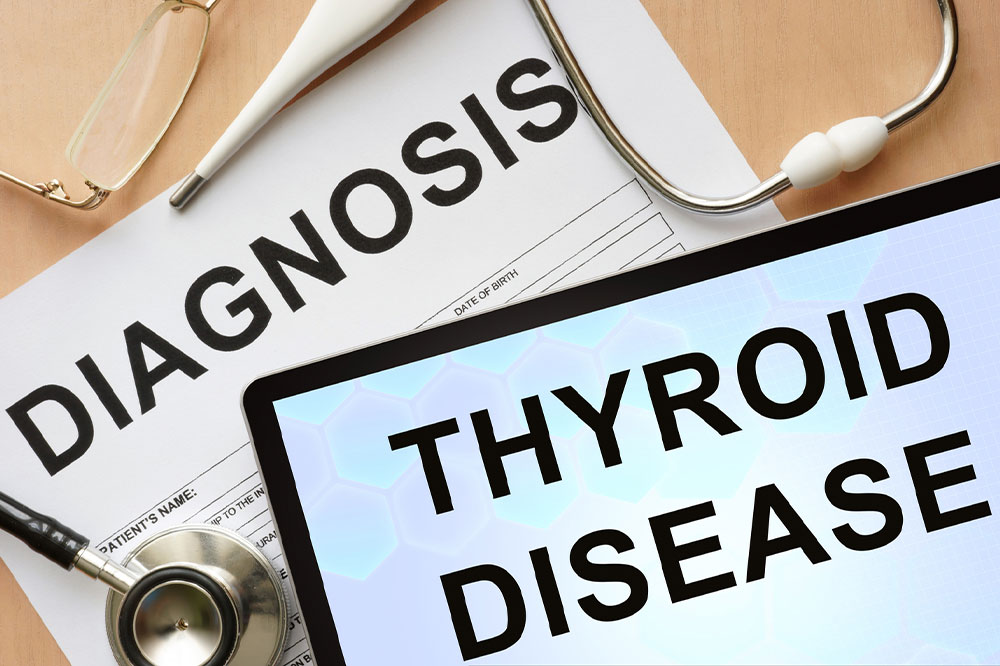Understanding Hashimoto's Thyroiditis: Causes and Symptoms
Hashimoto's thyroiditis is an autoimmune disorder affecting the thyroid gland, primarily caused by genetics, hormonal factors, excess iodine, and radiation exposure. Symptoms include a swollen neck, fatigue, and hormonal imbalances. Recognizing these signs early can lead to better management and treatment.
Sponsored

Hashimoto's thyroiditis, commonly known as Hashimoto's disease, is an autoimmune disorder where the immune system mistakenly targets the thyroid gland. This immune response often results in insufficient hormone production, leading to hypothyroidism. The thyroid, situated at the base of the neck, regulates metabolism through hormone secretion.
Risk Factors
Genetics: Family history plays a significant role; autoimmune or thyroid diseases in relatives increase your risk.
Hormonal influences: The condition is more prevalent in women, especially around pregnancy, with about 20% experiencing symptoms post-delivery.
Iodine intake: Excess iodine, from supplements or diet, can trigger the condition in susceptible individuals.
Radiation exposure: Exposure to radiation, such as atomic accidents or medical treatments, increases risk.
Symptoms may develop gradually, starting with a visible neck swelling called a goiter. Additional signs include fatigue, weight gain, muscle aches, constipation, sensitivity to cold, fertility challenges, brittle or thinning hair, irregular periods, and a slowed heartbeat.






